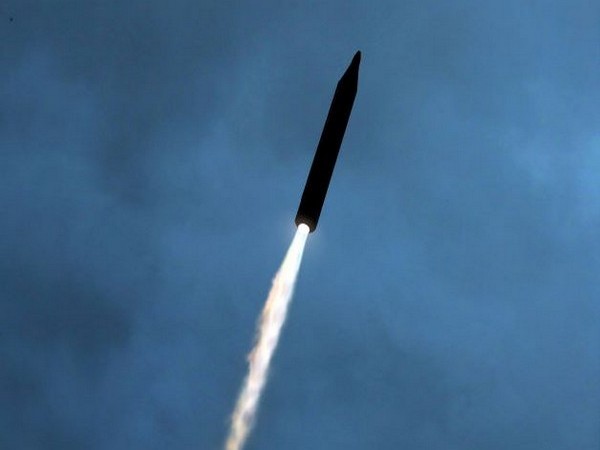
Tokyo: North Korea has launched a suspected ballistic missile, the Japanese Prime Minister's Office said in a tweet on Monday.
Japanese PM Fumio Kishida ordered authorities to make efforts to gather, analyse and provide adequate information. He said that the authorities should ensure the safety of aircraft, vessels and other assets. He directed officials to take all the measures for precaution, including readiness for contingencies. Japanese PM's Office in a tweet said, "North Korea has launched a suspected ballistic missile. More updates to follow."
In another tweet, the Japanese PM's Office said, "Dedicate maximum effort to gather & analyse information, & provide the public speedy & adequate information. Ensure the safety of aircraft, vessels, & other assets. Take all possible measures for precaution, incl. readiness for contingencies."
On Saturday, North Korea fired several cruise missiles into the Yellow Sea, Yonhap news agency cited the South Korean Joint Chiefs of Staff (JCS).
According to the JCS, South Korean and US intelligence authorities were analysing the launches, which took place at about 4:00 am (local time), to learn more about the type of missiles fired and other details.
"Our military has bolstered surveillance and vigilance while closely cooperating with the United States and maintaining a firm readiness posture," Yonhap news agency quoted JCS as saying.
The cruise missile was launched just three days after North Korea fired two short-range ballistic missiles into the East Sea. It also came amid heightened tensions on the Korean Peninsula following the port visit of a nuclear-capable US submarine in more than 40 years and the inaugural session of the South Korea-US Nuclear Consultative Group.
USS Kentucky (SSBN 737), an 18,750-ton Ohio-class nuclear ballistic missile submarine (SSBN), departed Busan naval base on Friday, three days after a rare port visit in a major show of strength against evolving North Korean military threats.
North Korea denounced the visit, saying the SSBN's deployment may fall under the legal conditions for its use of nuclear weapons. This was met by a stern response from Seoul, which warned Pyongyang that any nuclear attack from the latter’s side would mean an “end” of the Kim Jong Un-led regime.